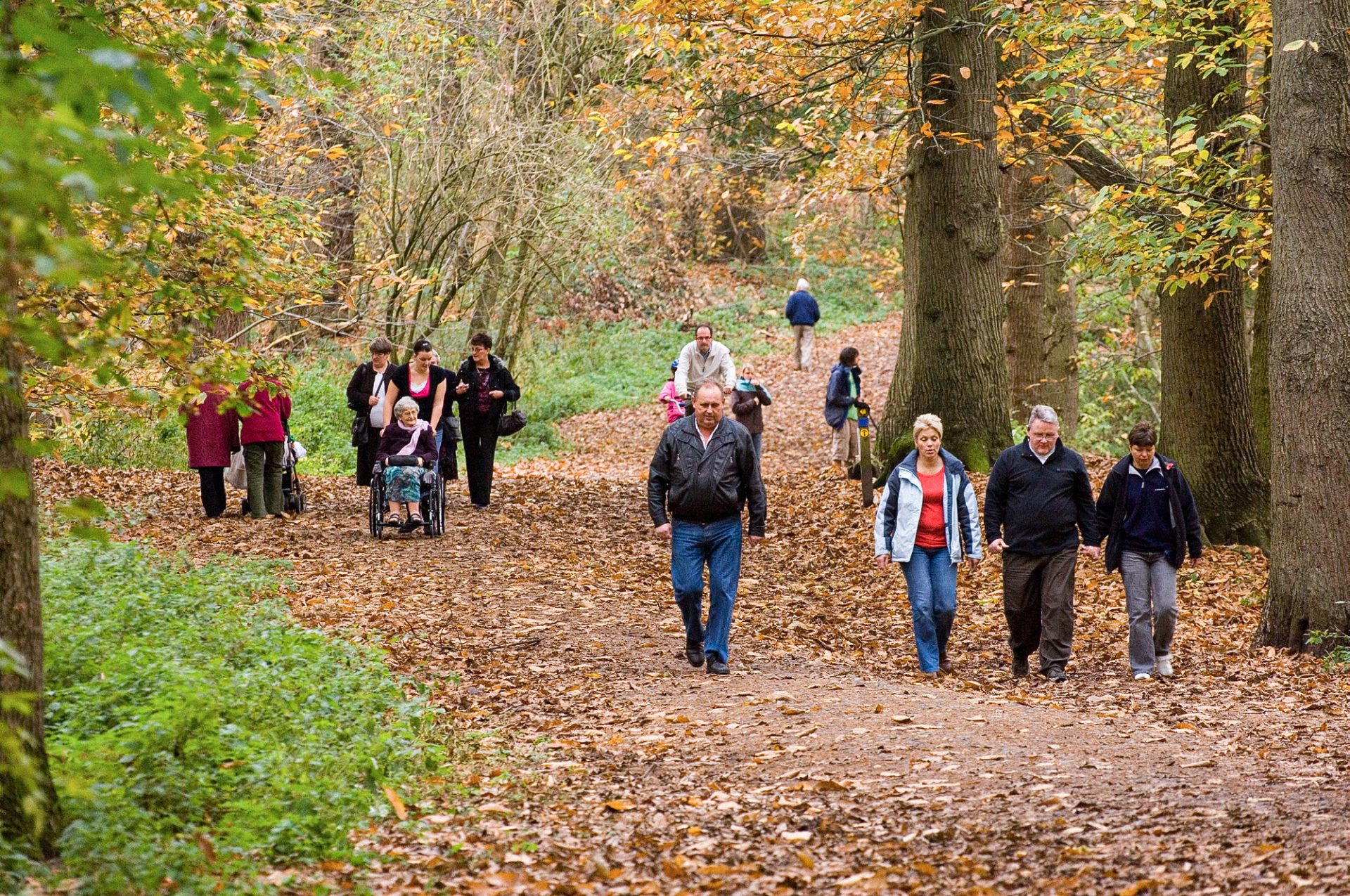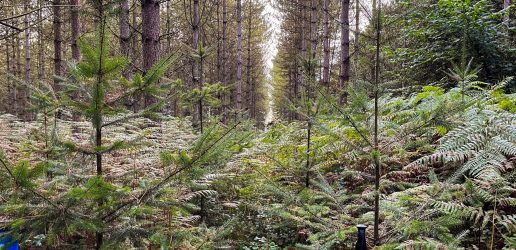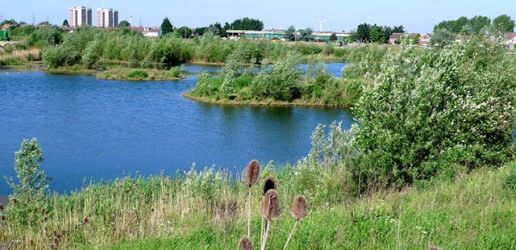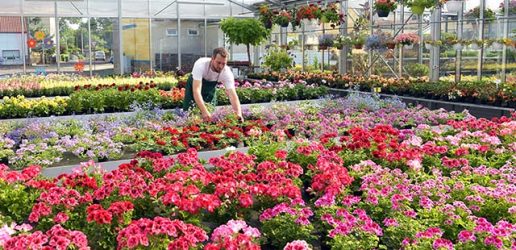New research has been published which explores how to enable and encourage access to woodlands for diverse members of the public.
Access to greenspace, including woodlands, has repeatedly been found to vary. As a result, the research focused on five underrepresented groups.
These were people:
- who identify as being in poor health
- with disabilities
- from ethnic minority backgrounds
- who identify as LGBTQIA+
- on lower incomes.
Liz O’Brien, Principal Social Scientist at Forest Research explained: “There are many factors which can impact people’s access to woodlands. This could be distance, cost, woodland quality, infrastructure or facilities. Access to woodlands is also affected by other wider and more intangible factors such as awareness, sense of belonging, confidence and perceptions of risk.”

The research, which was funded by Defra’s Nature for Climate Fund, found significant differences in rates of public access between demographic groups, with travel time and mode of transport having a significant impact. It also highlighted that encouraging people to visit woodlands and fostering feelings of belonging through community engagement are important for access, because personal needs, recreational interests, and motivations may vary.
In addition, tensions were identified between the preferences of different participants. For example, between those who wish for naturalistic spaces versus more facilities and infrastructure, desire for safety versus greater privacy, and desiring targeted activities versus not feeling different to others. Other tensions related more to financial sustainability under existing funding models, for example, many people expressed a desire for continued free access and free or subsidised transport or parking while also requesting greater site spending on facilities, infrastructure and services.
Recent News
View All news
Underplanting extends range of coniferous tree species to diversify future commercial timber production
New Forest Research published in Forest Ecology and Management shows that underplanting could widen the range of conifers suitable for future UK timber production.

New land regeneration resources for creating green spaces on previously used land now available
The new resources bring together the latest learnings on land regeneration and climate change, and optimal soil thickness for planting on previously used land.

New national survey launched to strengthen plant pest and disease detection across UK horticulture
UK horticulture and landscaping businesses invited to take part in survey to strengthen non-native plant pest and disease detection and reporting.

Underplanting extends range of coniferous tree species to diversify future commercial timber production
New Forest Research published in Forest Ecology and Management shows that underplanting could widen the range of conifers suitable for future UK timber production.

New land regeneration resources for creating green spaces on previously used land now available
The new resources bring together the latest learnings on land regeneration and climate change, and optimal soil thickness for planting on previously used land.

New national survey launched to strengthen plant pest and disease detection across UK horticulture
UK horticulture and landscaping businesses invited to take part in survey to strengthen non-native plant pest and disease detection and reporting.
